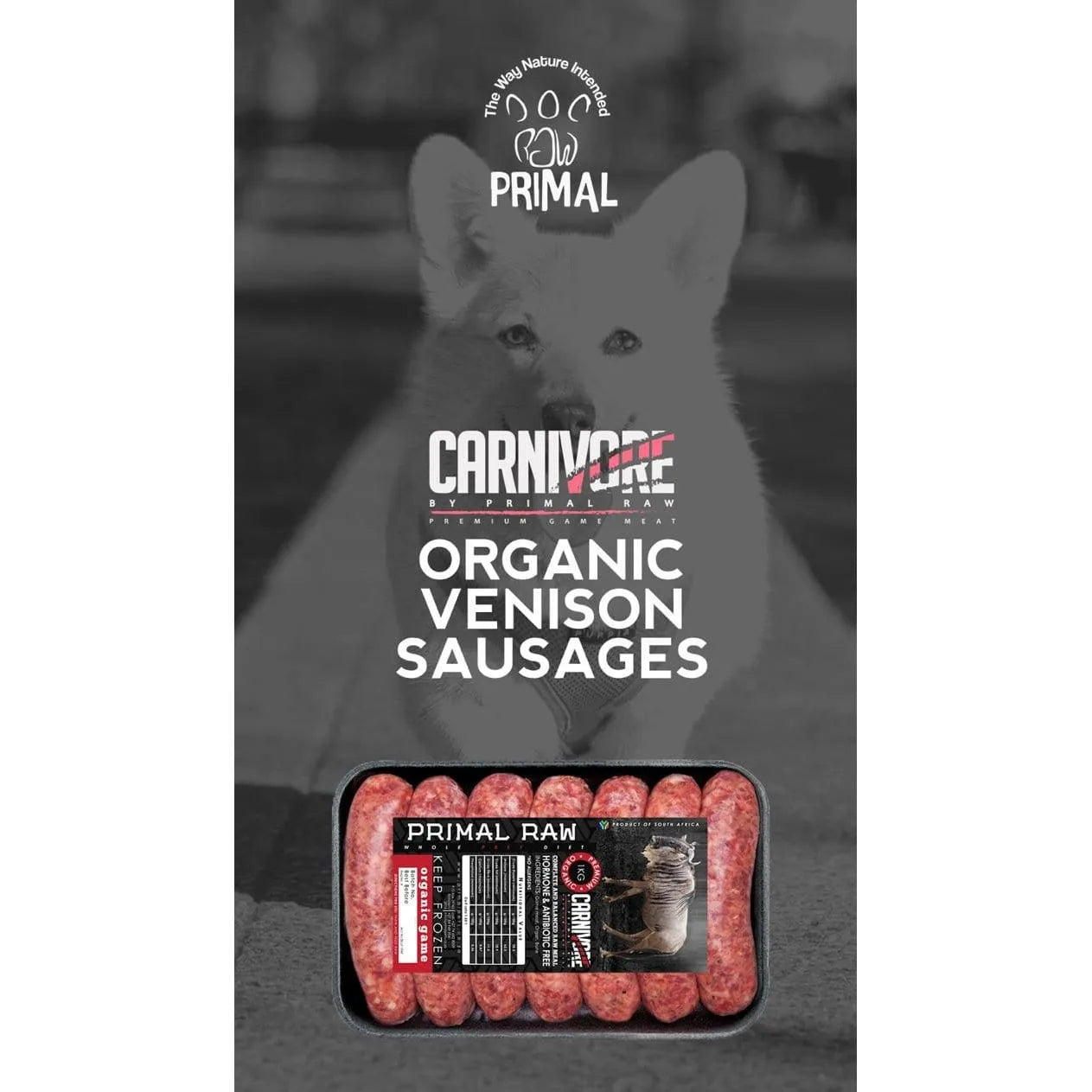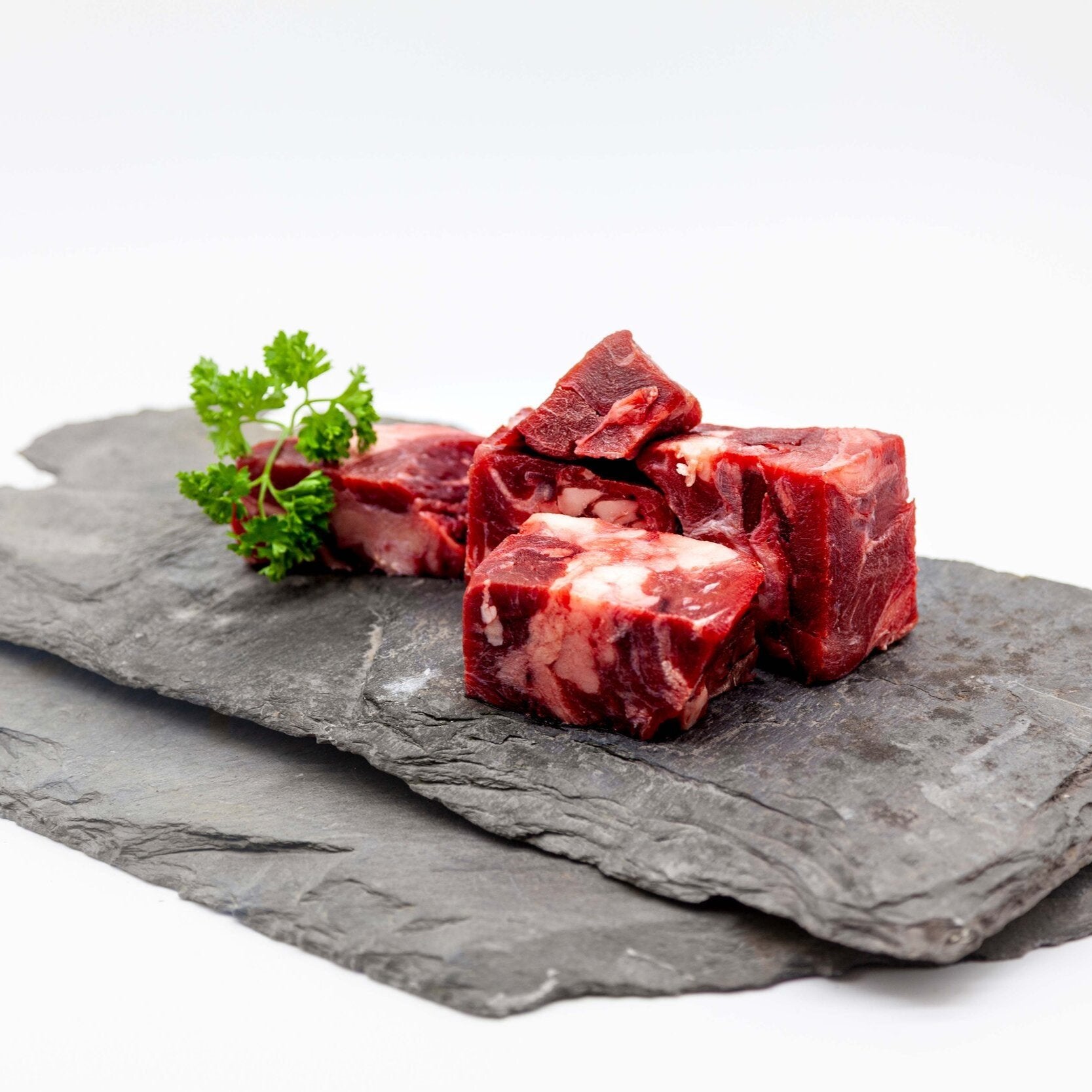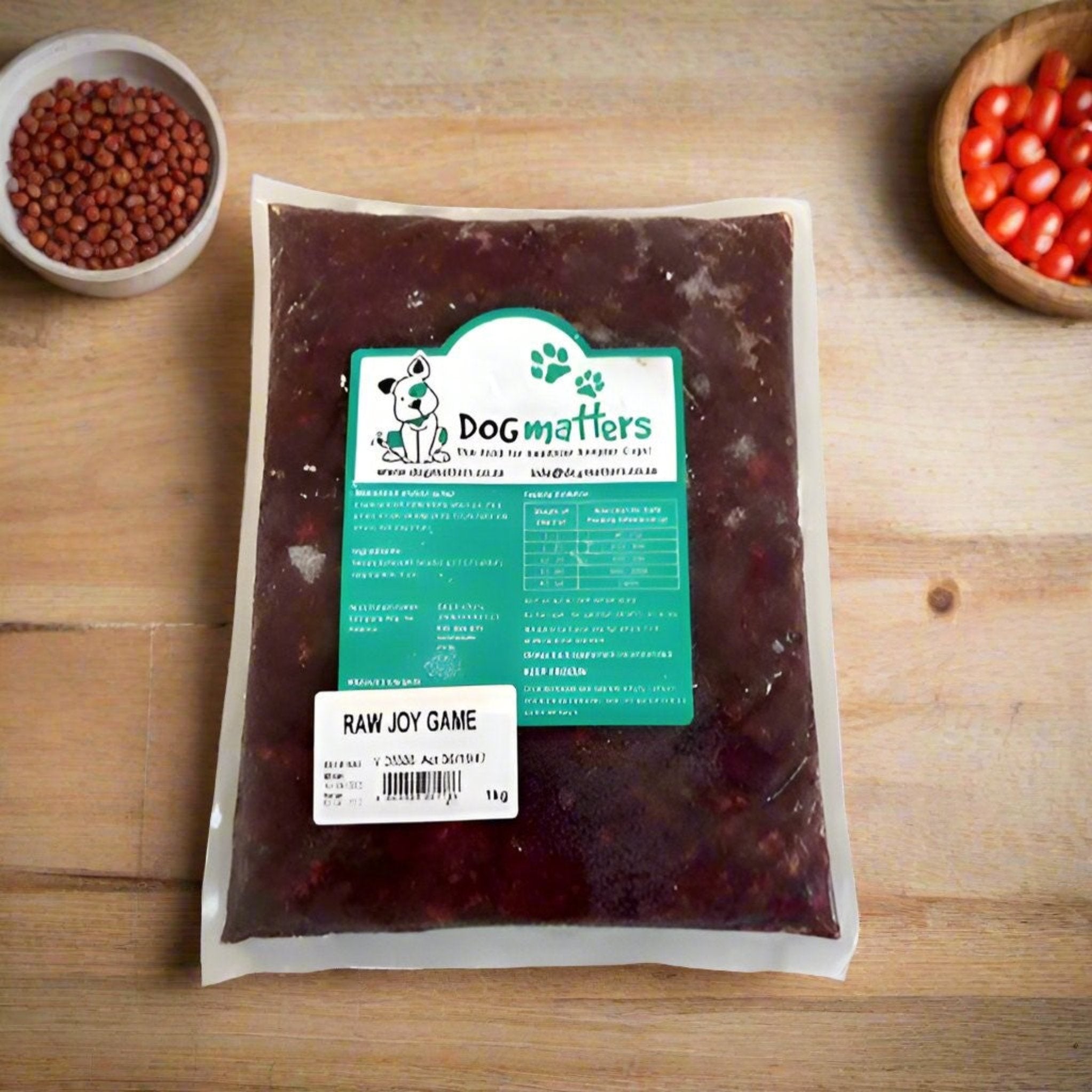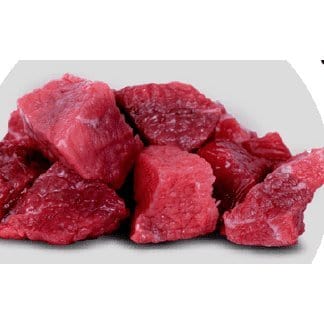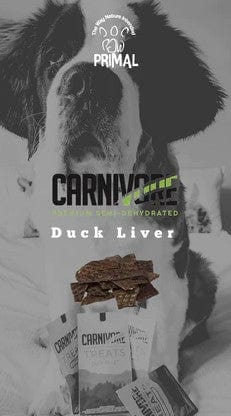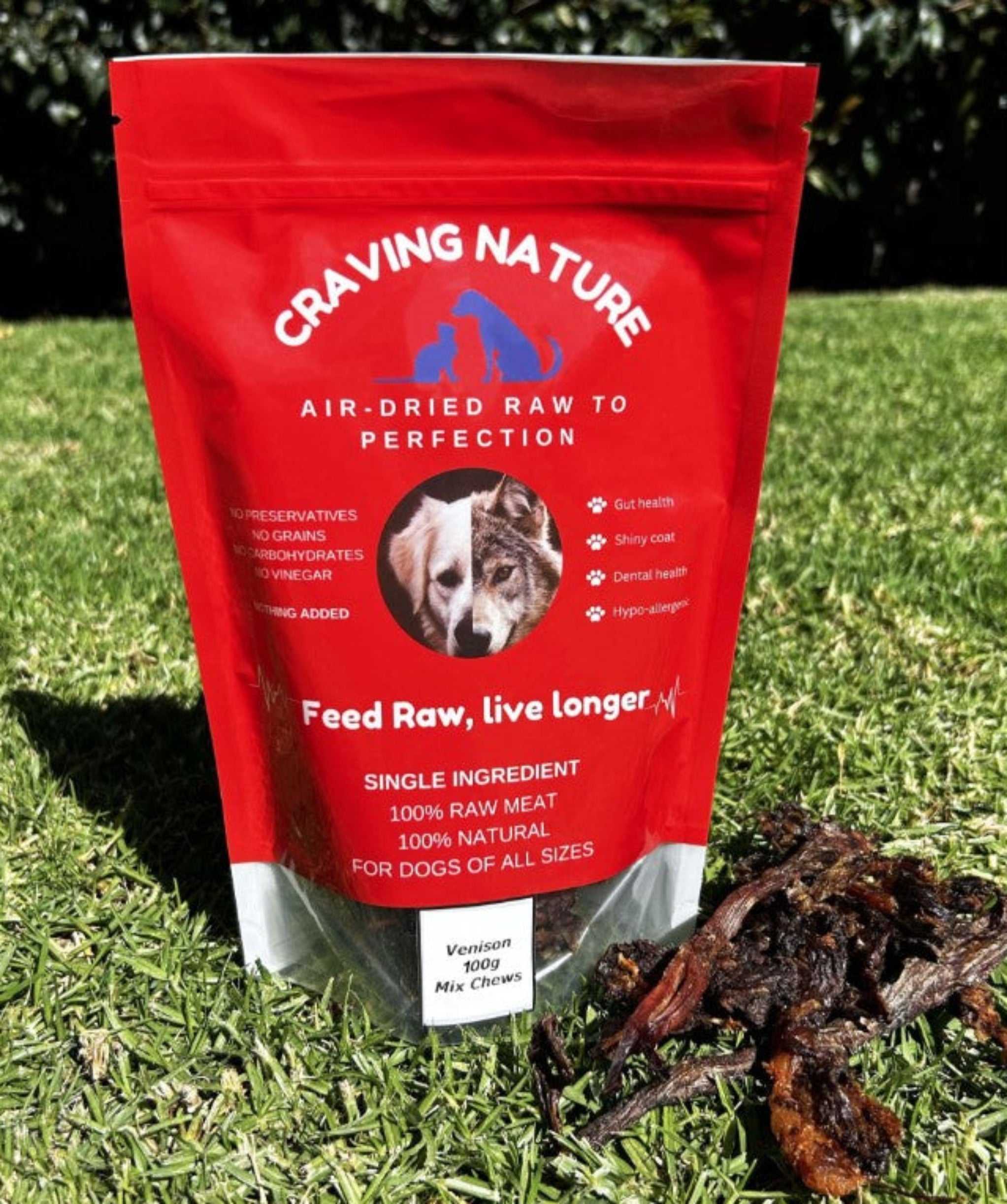Novel Proteins for Dogs & Cats - Click on the product to see all available variants

Filters
37 items
Sort Featured
-
Doggobone Ostrich - 1kg -
Doggobone Fishmonger - 1kg -
Doggobone Turkey - 1kg -
Doggobone Duck - 1kg -
Doggobone - Venison Hearts - 100g -
Organic Venison Sausages p 500g (Out of stock with Supplier) -
Venison Bones (+/- 1kg) -
Raw Joy Game for Dogs Complete & Balanced Meal (1kg) -
Premium Dry Wors Treats pp - 50g pack - for dogs and cats -
Organic Venison - 1kg -
Vroomin Venison and Coconuts Doggy Ice Cream (Serves up to 5 dogs) -
Venison cubes - 500g -
Venison Liver - 500g -
Chunky Charlie Lamb Roll - 500g -
Give a Dog a Bone Venison Dinner -
Duck Heads (2 per packet) -
Duck Meaty Bones - 500g -
Duck livers - 1kg -
Duck Heart Treats 80g -
Duck Fillet Treats 50g -
Duck Liver Treats 60g -
Pin Oaks - Game -
Pin Oaks - Game & Tripe -
Venison Mixed Chews - 100g






